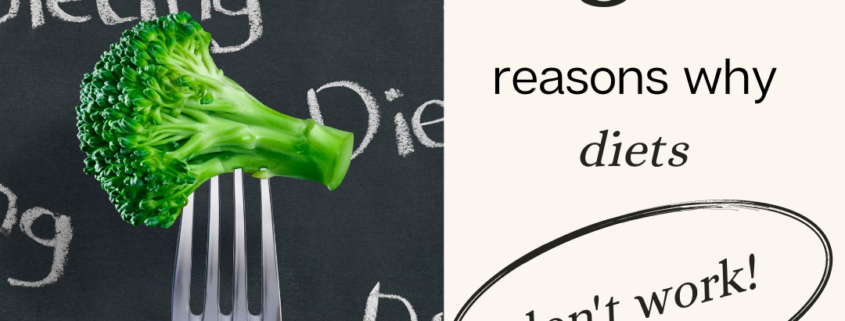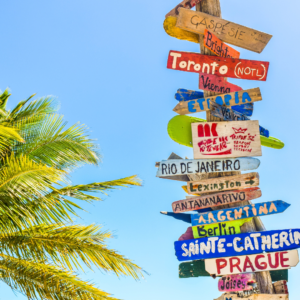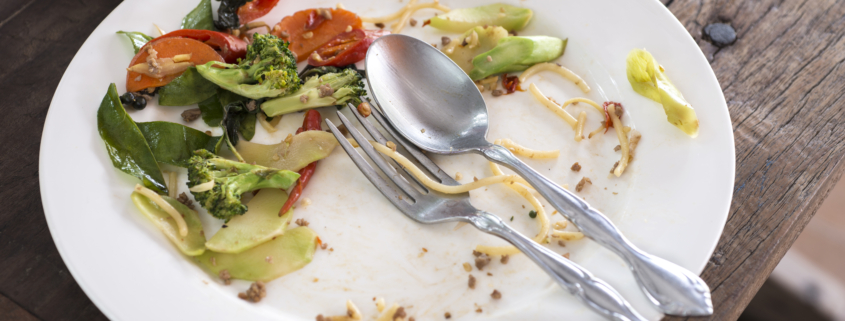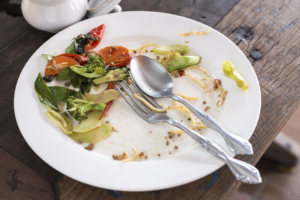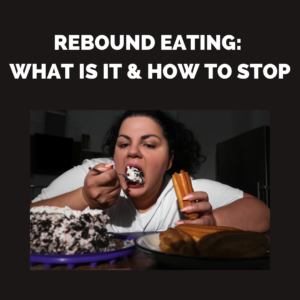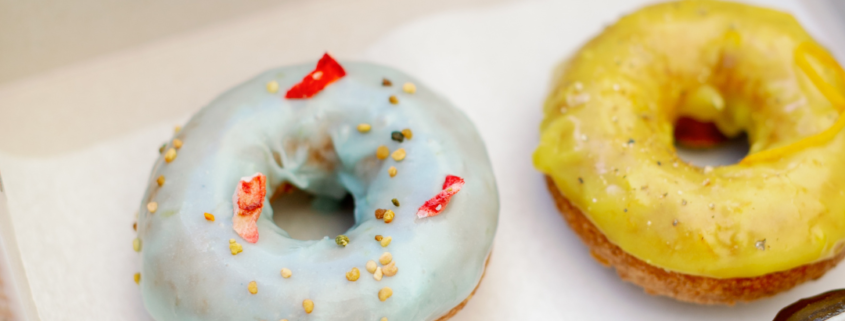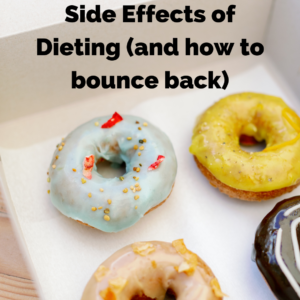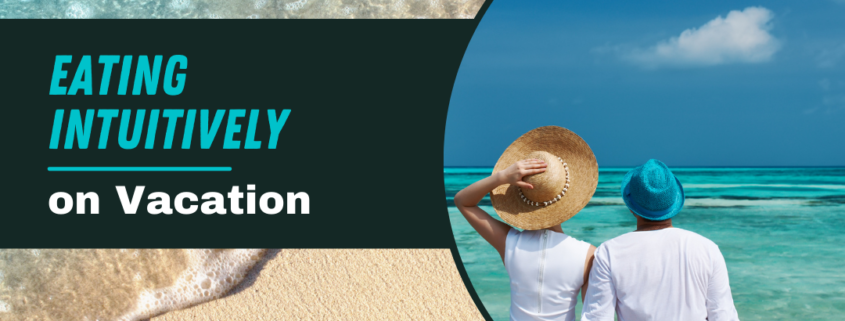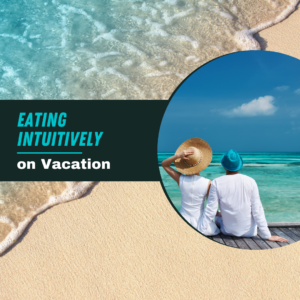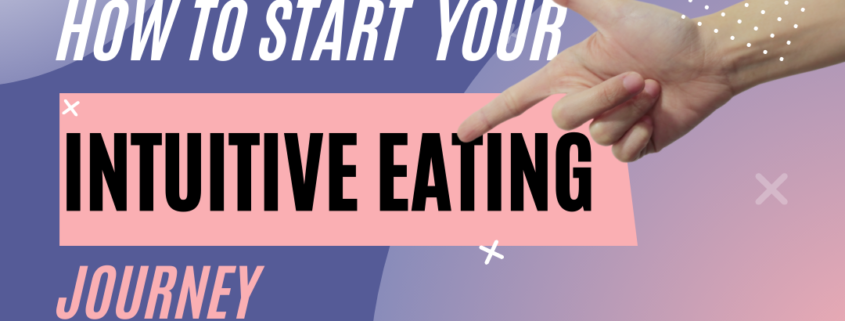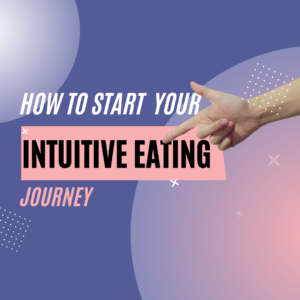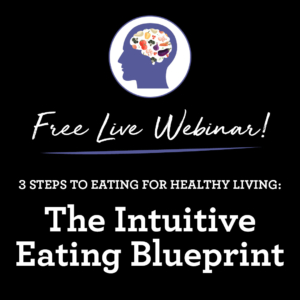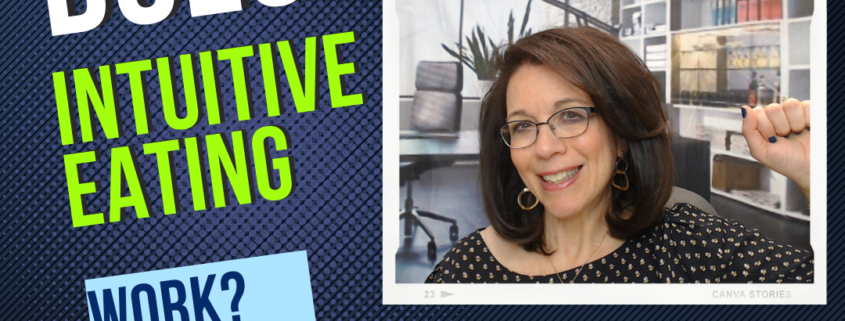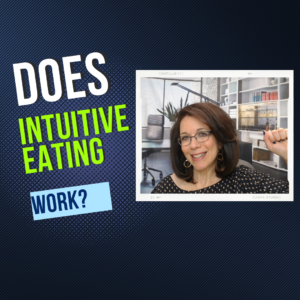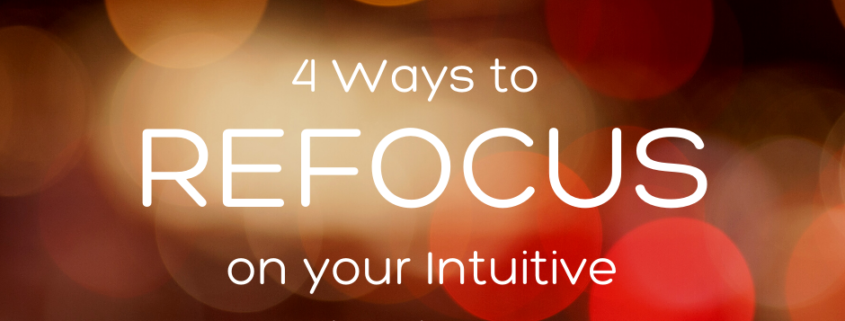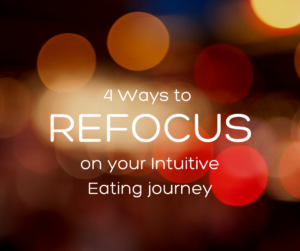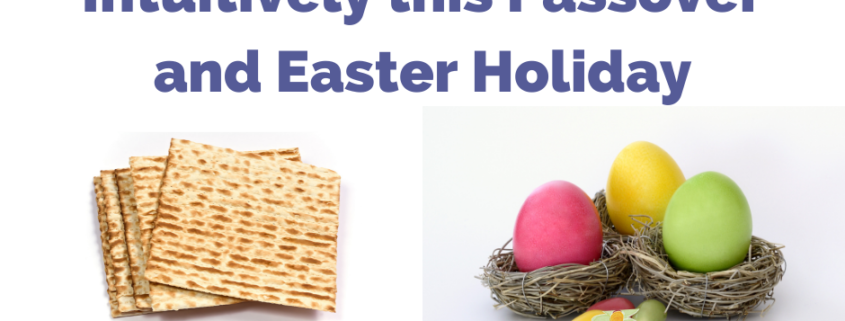Top 5 Reasons Why Diets Don’t Work
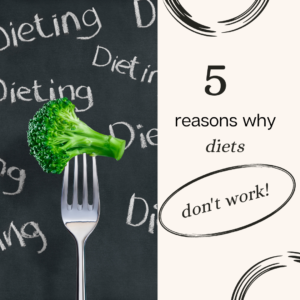 Many people swear by diets. They tell me the diets work, but when I point out tha they go back on the diet when they regain the weight, so essentially the diets don’t work, they shake their head and finally get it.
Many people swear by diets. They tell me the diets work, but when I point out tha they go back on the diet when they regain the weight, so essentially the diets don’t work, they shake their head and finally get it.
A diet isn’t just those flashy branded weight loss companies (you know which I’m talking about). Dieting is any form of food restriction such as cleanses, “lifestyle” changes, restricting foods or entire food groups. It’s all dieting!
Dieting programs and weight loss schemes (yes, schemes!) are a part of a $72 billion industry, therefore it’s no wonder many people fall for its tricks. These companies profit off of telling consumers that “they are not good enough in the body they are in” and they promote “shrinking your body” in order to be happy, healthy, and worthy.
As humans, we naturally internalize these negative and harmful messages and believe we must “fix” ourselves, and therefore give in to the various weight loss products, programs etc. available on the market.
There are numerous reasons why you should avoid diets—they mess with your health, they make you feel shame and guilt about your eating, and they take away from the pleasures of eating.
Let’s look deeper into why diet’s don’t work?
Here are the top 5 reasons why diet’s don’t work:
(1) Diets are not sustainable
Yes, diets may lead to weight loss in the short term. However, once the dieting rules and restriction go away—the weight is regained (plus more)! The literature states that 95% of people who diet end up gaining the weight back that they previously lost. Of the 95%, about 2/3 of those people gained back MORE weight than they started out at.
This cycle of losing and gaining weight brings on the vicious cycles of restrict/binge eating, or yo-yo dieting, which actually causes more harm to your body and your health than good:
- Impacted metabolism
- Increased weight gain
- Increased risk of diabetes, heart disease, hypertension
- Negative body image
- Increased frustration
(2) Dieting is starvation in disguise
Purposefully restricting meals or food causes your body to go into a state of fight or flight. When your body is not receiving the fuel it needs from food, it will go into full-on survival mode. Restricting food sends the signal to your body saying “hey we are in a famine right now, it’s time to help me survive” .
Your body will then begin to compensate to keep you going by:
- Lowering metabolism
- Stimulating a chemical in the brain to make you consistently think about food
- Store/hold onto fat
- Shut down non-essential systems to promote survival (like reproductive systems)
With all of these compensating measures at play, this is why it is difficult to lose weight time and time again with dieting and food restriction; your body is working hard to keep you alive (since it thinks there is a famine out there!)
(3) Dieting can cause disordered eating
If dieting goes on for long enough, this can lead to the development of disordered eating or eating disorders, and more commonly, binge eating.
Binge eating is a biological reaction to deprivation (which we know is because of dieting). Here’s what happens: there is a chemical release of neuropeptide Y (NPY) which is secreted in the brain when there is not enough calories being consumed (specifically CHO since this is the brains fuel source). The secretion of NPY increases the motivation to eat, delays satiety and stimulates food intake which can feel like binge eating!
Binge eating is a survival mechanism resulting from dieting and food restriction.
(4) Diets lead to food obsession
Reducing food intake not only makes you feel irritable, fatigued, have brain-fog, and lack motivation, but you will think about food… ALL.THE.TIME.
As a dieters, you often blame yourself for this feeling (being preoccupied with the thought of food), but it is actually a natural biological reaction to food restriction. Of course you will think about food all the time if your body is hungry!
This biological reaction is, again, a survival mechanism. Your body is doing its job!
However, the diet industry want you to believe that something is wrong with you. But your body is not the enemy!
(5) Dieting causes intense cravings
Diet programs and “diet rules” tell you what foods you should and shouldn’t eat, or give you a “good” food list and a “bad” food list.
If this idea of “good” and “bad” foods is kept up long enough, you will begin to think about and crave the very foods you are restricting. As humans, we are driven by our unmet needs. If you tell yourself “I can’t have ice cream anymore”, all you’re going to think about is eating ice cream.
So if you think you’re addicted to (insert food here), it’s likely that you’re not actually addicted to it but it’s the dieting and food restriction causing you to think about it and crave it!
canva
Are you ready to leave dieting behind? Pop your name and email in the boxes below to get started with your Break the Spell of Diets in 3 days online experience.

